14 EUROPEAN ANNUAL CONFERENCE OF JEWISH SOCIAL WELFARE
At the Conference we will be addressing two of the main reasons:
1)The need, and therefore the capacity of each organization, to react quickly and tackle the problems.
2)The flexibility to adapt to the new times created by the crisis.
Although the ECJC – JDC Social Welfare Committee rapidly facilitated a space for professionals online, we believe that the 14th Annual Conference will be the right place to discuss, learn from and exchange views on common challenges our organizations are facing.
The focus of the Conference will primarily be on what we had learnt as to how to support clients in times of social isolation, identifying the main challenges that the crisis has created in terms of services and how we are dealing with the new and unexpected situation with the goal of being ready to continue delivering services which can respond to the new trends that are here to stay.
We will also be discussing how the appearance of a major crisis affects the members of our communities, from general financial impact to families hit by lockdown and isolation and with rising cases of domestic violence.
The Covid-19 pandemic has exposed shortcomings in many areas including health and long-term care and support. It has exposed gaps in the way we as individuals, families, communities and societies acknowledge and address risk and inequality, as well as discrimination.
However, in the post Covid-19 world, the opportunity is to strengthen our resilience and creativity, and to promote intergenerational solidarity to save and improve lives. Covid-19 presents us with an opportunity to build a new normal.
Many governments around the world along with WHO and other organisations are increasingly promoting healthy ageing, and this should be a key component of a strategy for the new normal.
Clearly, health (and other) inequalities, which have been present in our communities, have been brutally highlighted during the Covid-19 pandemic. The pandemic did not cause them, merely brought them into the open.
So let the overarching goal post Covid-19 be to ensure healthy ageing and to reduce health inequalities.

Oxford, United Kingdom
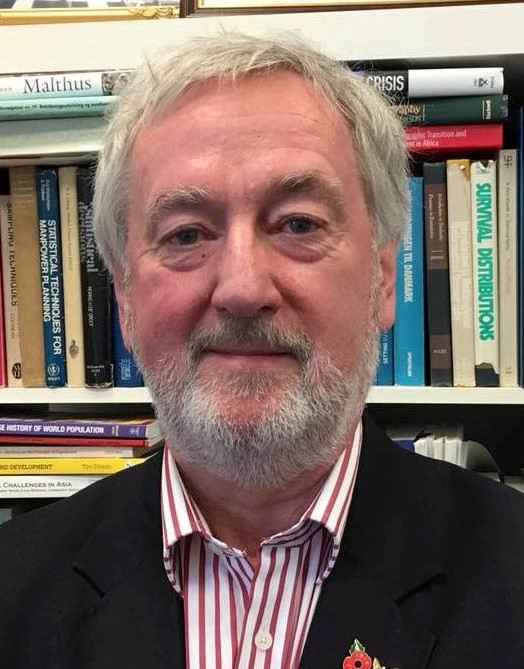
Co-Director, Oxford Institute of Population Ageing; Senior Research Fellow, Kellogg College
Professor George Leeson is Visiting Professor of Demography at the University of Guanajuato-Leon in Mexico and a Professorial Fellow at the Institute of Population Ageing, where he co-ordinates the Latin American Research Network on Ageing (LARNA) and the Central and Eastern European Research Network on Ageing (EAST). Professor Leeson’s first degree was in Mathematics, followed by a Masters in Applied Statistics, both from Oxford. His Doctoral work was in Demography, firstly at the London School of Hygiene and Tropical Medicine and then at the University of Copenhagen, where he worked as an Associate Professor at the Institute of Statistics, University of Copenhagen, before returning to Oxford.
George’s main research interests are in the socio-demographic aspects of ageing populations, covering both demographic modelling of population development and the analysis of national and international data sets. He directed the Danish Longitudinal Future Study, which elucidates the attitudes and aspirations of future generations of older people in Denmark, and he is Principal Investigator with Professor Sarah Harper on the Global Ageing Study, a survey of 44,000 men and women aged 40 to 80 in 24 countries.
George’s current research includes the demographic inequalities of global ageing, the changing populations of Europe and Latin America, migration and migrants in Europe, causes and consequences of depopulation in Central and Eastern Europe, and future prospects for longevity.
Recent professional commitments
Professor Leeson has been demographic expert to address the impact of demographic developments on issues relating to food safety and nutrition at the European Commission, Health and Consumers Directorate-General, DG-SANCO, Directorate E -Safety of the Food Chain to help develop a strategy for DG SANCO's policy and legislative framework to deliver on EU food safety and nutrition to 2050.
He has worked extensively with user groups, academics and providers across Europe in these areas of research, as Specialist Advisor to the Danish Government Commission on Ageing; Advisor to the Danish Government Programme on Older People and Technology; International advisor to British Government initiative Better Government for Older People. Professor Leeson was the demographic change expert working on the European Commission's independent evaluation of innovative measures under Article 6 of the ESF Regulation: innovative approaches to the management of change.
Professor Leeson is a member of Public Health England’s Expert Advisory Group on Productive Healthy Ageing & Dementia, and a consultant researcher on the DAI@Oxford Programme.
Professor Leeson is co-editor of the Journal of Population Ageing and Population Horizons.
Jerusalem, Israel
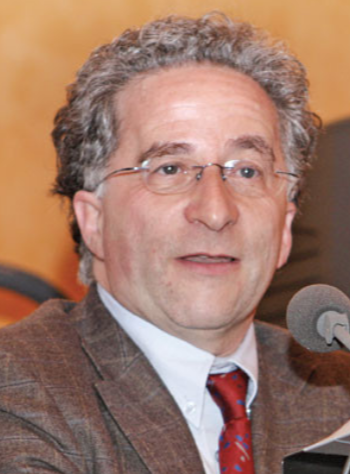
Martin Auerbach, M.D., is a psychiatrist and psychotherapist.
He worked for many years in leading positions in community mental health centers in Jerusalem.
His special interests are in trauma therapy, anxiety disorders, and different modalities of psychotherapy. In 1993 he became psychiatric consultant in AMCHA Jerusalem.
Since 2007 he serves as the National Clinical Director of AMCHA, the National Israeli Center for Psychosocial Support of Survivors of the Holocaust and the Second Generation.
Auerbach was born in Vienna, Austria as a son of Holocaust Survivors, moved to Israel, and lives in Jerusalem.
Brussels, Belgium
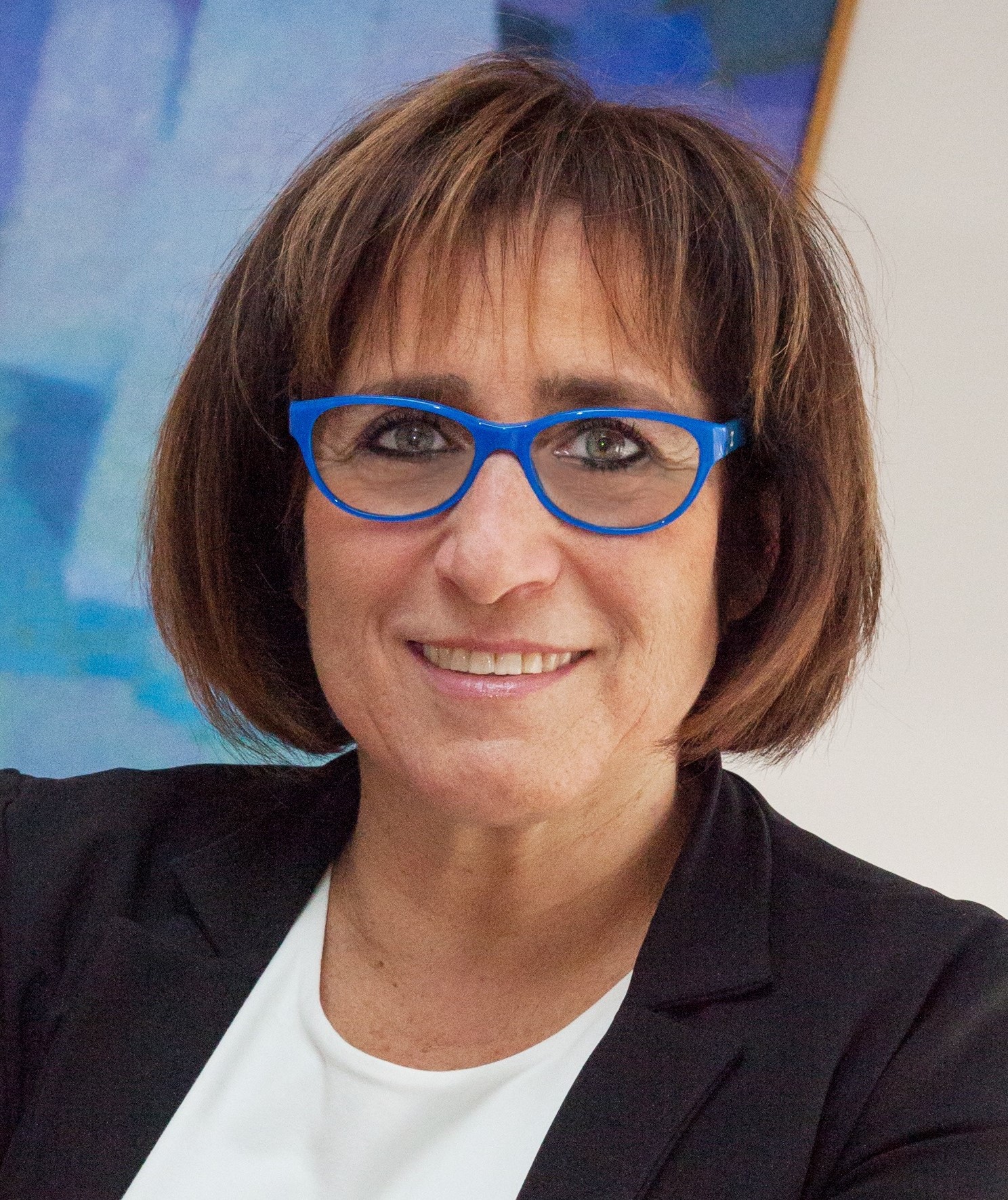
Viviane Teitelbaum is a member of the Belgian Parliament since 2004.
She is active in social and health affairs, environment, gender equality and the fight against racism, antisemitism, homophobia…
As former Deputy to the Mayor in the municipality of Ixelles, she was in charge of urban planning, public cleaning. In charge of finances she has implemented the first gender budgeting in a Belgian municipality.
Active and recognized feminist, she is the past President of the European Women’s Lobby (EWL) elected in that position from 2012 to 2016 and of the French Council of Women in Belgium that she chaired from 2010 to 2018. She is currently the cofounder and chair of the Observatory of Violence Against Women.
On the issues of violence against women Viviane worked on domestic violence, trafficking in human beings, prostitution, excisions, rape, and economic violence (poverty, homeless women, single parent family headed by women, wage and pension inequalities). On the international level she worked in solidarity with women facing religious and cultural radicalism. She also worked on abortion right and participated in numerous symposiums and round tables of experts.
She is a writer who has published ten books and is co-author of different collective publications and books. She holds a licence in Journalism from ULB (Brussels) and a master’s degree in International Relations, from the University of Southern California (USA).
NY, US
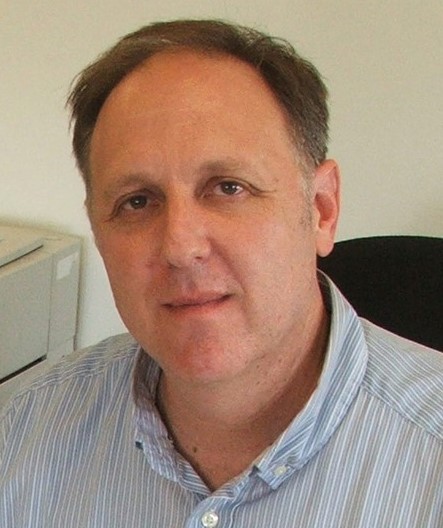
Executive Vice President, Claims Conference
Gregory Schneider was appointed Executive Vice President of the Conference on Jewish Material Claims Against Germany (Claims Conference) in 2009. A passionate advocate for Holocaust survivors, he joined the Claims Conference in 1995 as an assistant to the
then Executive Vice President, becoming Director of Allocations and Chief Operating Officer.
Mr. Schneider has overseen the creation and implementation of several Claims Conference individual compensation payment programs for Jewish victims of Nazism. Chief among these was the
Program for Former Slave and Forced Laborers, which paid $1.6 billion to 173,000 Holocaust survivors in 87
countries, the result of distributing and processing applications in eight languages, working with hundreds of local organizations worldwide that assisted applicants, and helping document tens of thousands of claims that otherwise would have been deemed ineligible. Mr. Schneider also guided the creation of many additional programs to compensate victims such as the victims of Nazi medical experiments, former refugees to Switzerland,
survivors of the Nazi occupation of Budapest, first-ever one-time payments to Nazi victims in the former Soviet Union, child survivors, and Kindertransport survivors.
He has overseen negotiations with the German government that have substantially liberalized eligibility criteria for direct compensation programs, fundamentally altering their contours and enabling tens of thousands of additional victims to receive payments. Through its various compensation programs, the Claims Conference will distribute
approximately €340 million ($380 million) in direct payments to over 60,000 Holocaust survivors in 83 countries,
bringing the total funding from Germany, through the Claims Conference, for Holocaust survivors, to over €864 million (about $967 million).
Mr. Schneider has guided the Claims Conference’s Institutional Allocations Program since its inception in 1995, facilitating its growth from $90 million allocated annually in 24 countries to $587 million allocated for 2020 to benefit 132,000 Nazi victims in 47 countries. Since 2011, he has facilitated the preparation for ongoing negotiations with the German government that have resulted in dramatic increases in funding for home care for Holocaust victims. The growth of these allocations has enabled pioneering care for Nazi victims as they age and require more assistance.
In addition, under his leadership, the Claims Conference is a leader in funding Holocaust education from teacher training programs to archival preservation and accessibility to Holocaust film. Further, the Claims Conference has released a series of Holocaust Knowledge and Awareness Studies globally. These studies have been receiving global media attention due to results showing a general lack of Holocaust knowledge and have led to growing
momentum for greater Holocaust education in the United States, Canada and now Austria.
Mr. Schneider received his BA in Near Eastern and Judaic Studies and his MA in Jewish Communal Service at Brandeis University. He earned a Master in Public Policy at Harvard University’s John F. Kennedy School of Government. After working in the private sector for several years, Mr. Schneider joined the Claims Conference.
Jerusalem, Israel
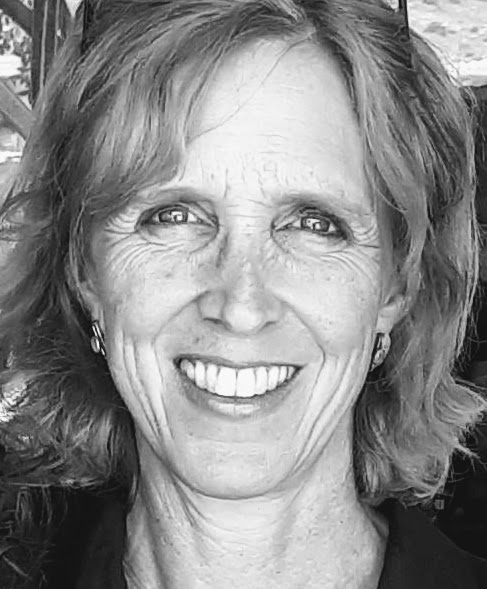
Dr Adina Schwartz is a manager of project development and research at the Yedidut Toronto Foundation in Jerusalem.
She leads initiatives for adapting poverty alleviation programs and other intervention models to communities abroad. Adina manages measurement and evaluation of the foundation's programs. She also supervises the expansion of programs that strive to empower teens in the social periphery to attain high school matriculation certificates.
Adina has vast experience in education in both the American and Israeli school systems. She has enjoyed teaching and administrative roles in schools and in adult education. Adina has
consulted to educational leadership in Israel and abroad.
Before joining Yedidut Toronto, Adina managed the integration process at Nefesh B’Nefesh for immigrant parents and educators to ease their bicultural adjustment to the Israeli educational infrastructure. In parallel, she earned her PhD at the Hebrew University in 2016 on the interaction of American immigrant parents with the school system.
Adina lives in Beit Shemesh with her husband. She has 4 grown children and one grandchild
Jerusalem, Israel
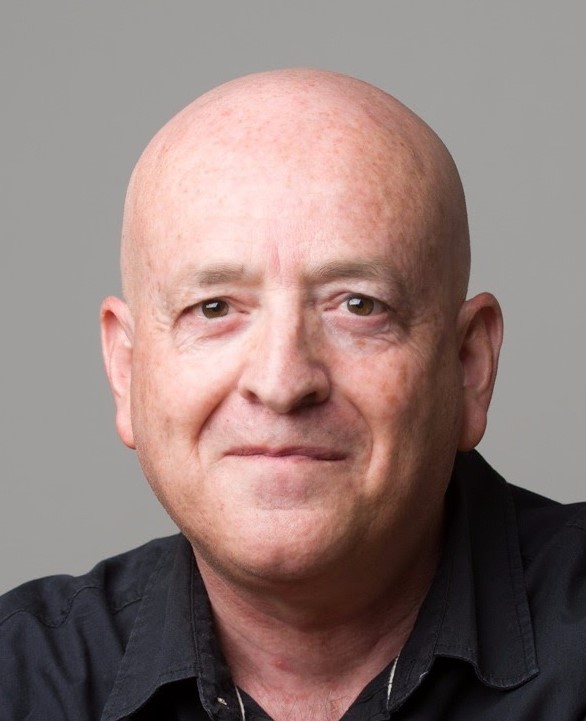
Ofir is a graduate of the Film and Photography Collage in Tel Aviv, Israel. He also completed Microsoft certification, specializing in computer systems analysis. For the past six years, Ofir has been responsible for Gerontechnology (technologies for older adults) at JDC-Israel ESHEL, which develops services for older adults living in the community. His involvements in this field have included: the creation of the 'Aging IL Innovation Community', implementing conferences, hackathons and makathons in the field of aging and technology, developing gerontechnology academic courses in colleges and universities, and mentoring social and technology entrepreneurs in order to promote developing suitable responses to the challenges of aging.
London, UK
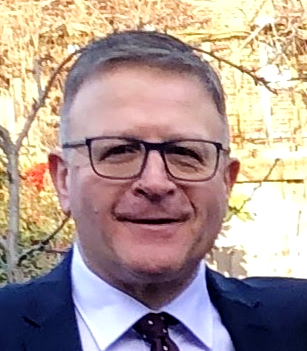
Daniel is a digital transformation and partnership building consultant in social care. He works with social care organisations, local authorities, the NHS and health bodies to enhance their business by use of digital innovation. He also works with the tech entrepreneurs and the Department for International Trade to guide innovation in social care. His particular areas of expertise are:
He is digital transformation adviser at Care England, and is part of the Digital Social Care Team working on the NHS Digital-financed programme to support care providers employ digital care solutions. He has worked closely with NHS Digital in guiding providers through the DSPT process and is currently working on systems to help care providers accredit their own domain names as a secure communication tool. He works with NHSX to embed digital transformation in social care as part of the Joining up Care Programme and has co-designed a cybersecurity training gap analysis. He is currently conducting digital transformation user research for NHSX.
He is an Advisory Board Member of GDS Digital.
Before starting his consultancy, Daniel was for 12 years head of business development at Jewish Care, a social care organisation which provides a broad spectrum of care from nursing and residential care to home care and social work services.
NY, US
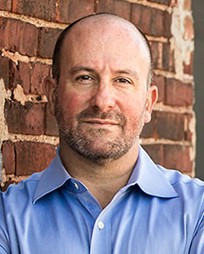
Tom Kamber is an award-winning social entrepreneur, educator and activist who has created new initiatives in aging, technology, affordable housing and the arts. As founder and executive director of Older Adults Technology Services (OATS), Tom has helped over 30,000 seniors get online and created the country’s first technology-themed community center for older adults. Tom has taught social entrepreneurship and philanthropy at Columbia University and has published widely in academic journals on topics including public policy, business strategy, and technology. He speaks regularly at local, national, and international conferences, including the Consumer Electronics Show, the Institute of Medicine, the American Society on Aging, the Federal Communications Commission, TEDx Columbia, the Amplify Festival in Australia, and the International Longevity Forum in Brazil.
Tom serves on the New York City Mayor’s Broadband Task Force, the Age-Friendly New York Commission, Senator Kirsten Gillibrand’s Aging Policy Advisory Council, and serves as an advisor to the Great Leaders Program at Baruch College. His work has been featured widely in the media, including The New York Times, The Wall Street Journal, USA Today, The Washington Post, National Public Radio, and The Today Show, and he has won awards from local, state, and national organizations.
Tom is a co-founder and board member of the nonprofit Afro-Latin Jazz Alliance, which has won multiple Grammy awards, and is fluent in Spanish. Prior to founding OATS, Tom worked as a political campaign manager, branding strategist for a French IT corporation, project manager on a democracy-building initiative in Moscow, and tenant organizer in Harlem and the South Bronx. He has a BA in Latin from Columbia College and a PhD in Political Science from the City University of New York.
Chicago, US
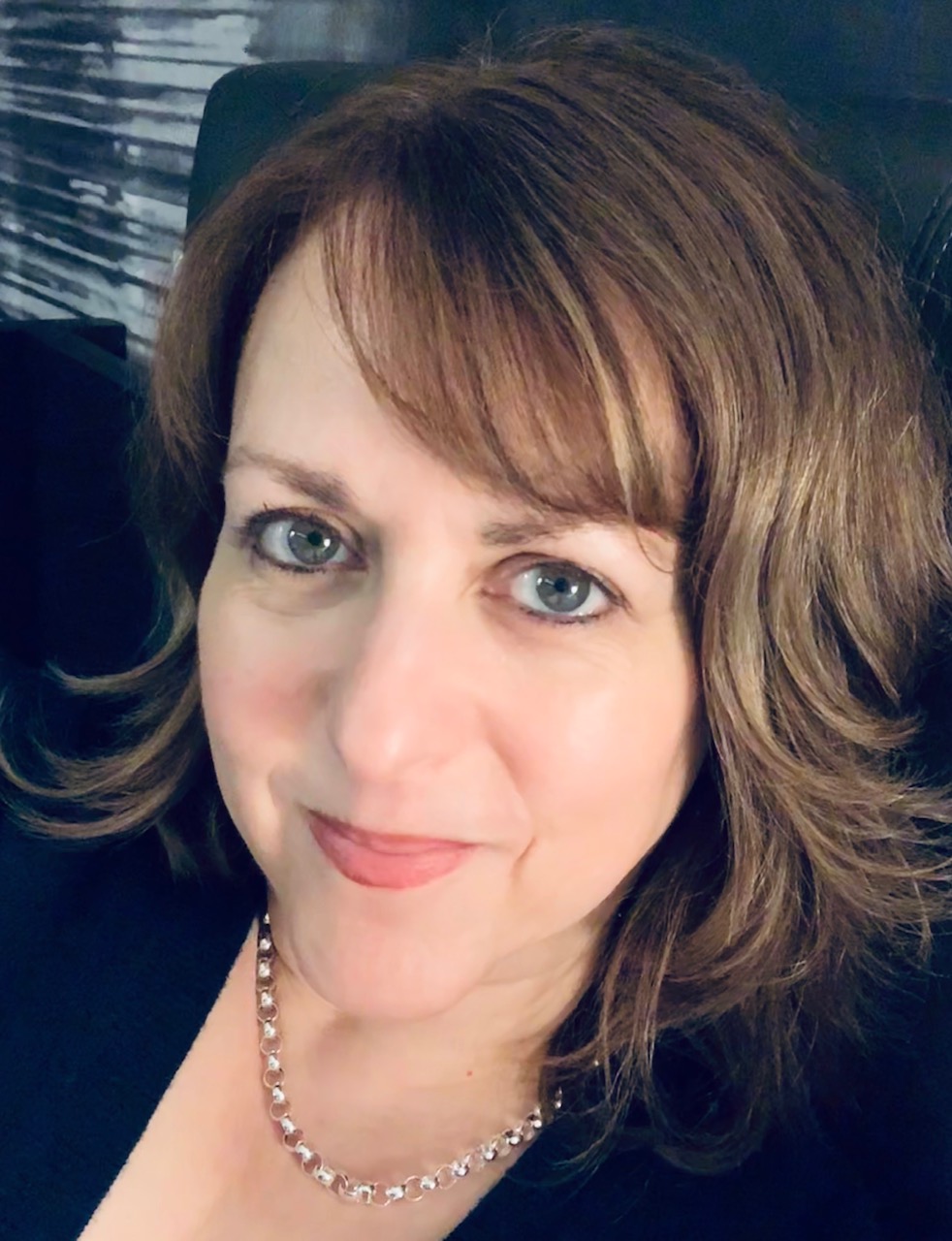
Dr. Yonit Hoffman is the Director of Holocaust Community Services (HCS) at CJE SeniorLife in Chicago, IL. She oversees all program development and service provision for nearly 2,000 Holocaust survivors, supervises clinical, care management and administrative staff, and provides direct services and support groups for survivors and their families. She has served as a key facilitator in establishing partnerships to build resources and capacity to support survivors. Dr. Hoffman has conducted community and national education for professionals, lay leaders and caregivers on person-centered, trauma-informed care and the special needs of aging Holocaust survivors. Dr. Hoffman received her Ph.D. in Clinical Psychology from Case Western Reserve University, and her prior clinical work centered on trauma, loss and under-served populations in Ohio, New York, New Jersey and Illinois. Her clinical research included studies on resilience and identity in Holocaust survivors and their descendants, which she has presented both nationally and internationally. Dr. Hoffman is a second and third generation descendant of Holocaust survivors and victims.
Tel Aviv, Israel
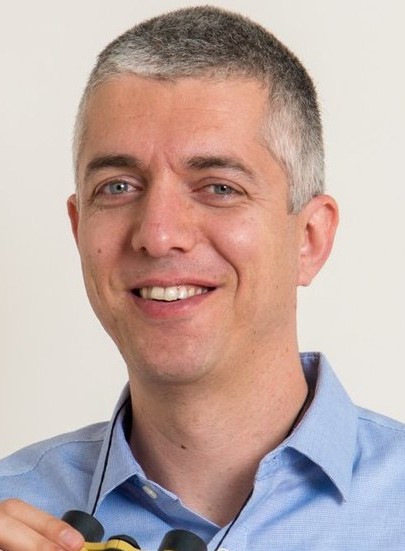
Rami is a passionate entrepreneur and experienced business executive dedicating his ambition and skills to improve the lives of those who need better care.
Rami served in several managerial positions in various organizations and countries – from bootstrapping his own tech company through running a homeland security company in the US, and proceeding to managing a global smart city business unit operating in Europe, Asia and Middle-east that delivered some of the most advanced smart city projects in the world.
3 years ago, Rami has established Uniper Care Technologies Ltd. with the goal of making older adults and people with disabilities less lonely, more active and healthier.
Rami holds B.Sc. in computer science from the Hebrew university in Jerusalem, MBA from Tel-Aviv University and participated in EMBA programs in Harvard business school.
Rami is 43 years old, lives in Tel-Aviv, and married to Naama. Rami and Naama jointly grow 100 years of prosperity in the form of 3 loved kids.
Frankfurt, Germany
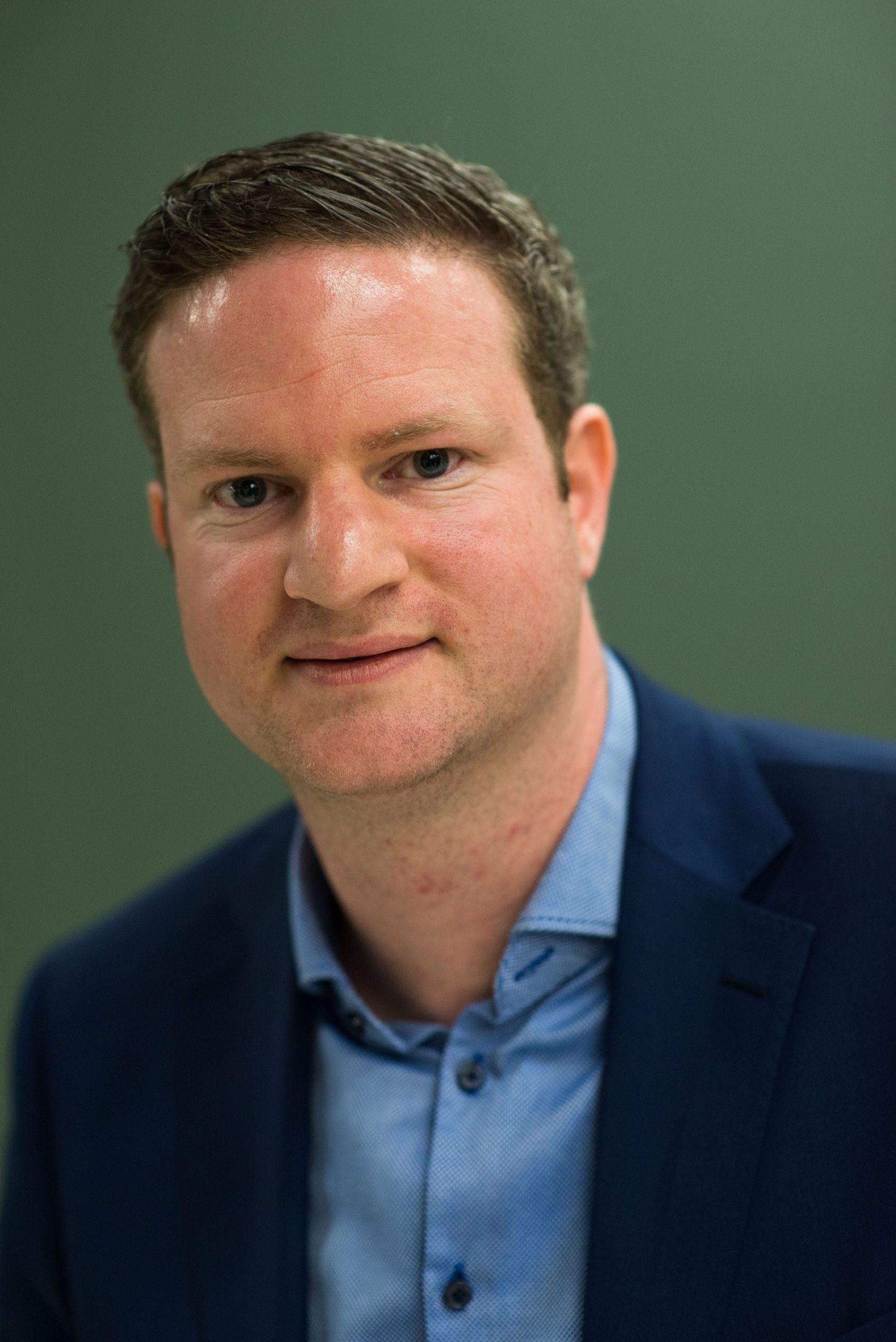
Aron Schuster the Director of the Central Welfare Board of Jews in Germany (ZWST) was born in Wuerzburg in 1984. He studied business administration at the School of Apllied Sciences in Wuerzburg-Schweinfurt with a focus on corporate development. After successful graduation of his studies, he worked for 4 years by the fashion group s.Oliver. He was responsible for the expansion and conversion of retail stores in Germany and in Europe.
Since November 2013, he works at the Head Office of ZWST in Frankfurt am Main.
Aron Schuster was from his childhood active in the youth work of ZWST as a youth leader. Since 2008, he has been on a voluntary basis a municipal politician in the city council of Wuerzburg. Since September 2016, he also is a board member of IsraAID Germany. Aron Schuster is married and the father of two sons.
London, UK

Having been involved in the development of Work Avenue from the planning stages in 2006, Debbie has worked in all areas of the charity from Careers Adviser, Head of Training, Head of Business and Chief Operating Officer. A qualified teacher and counsellor, Debbie has worked across the entire spectrum of the Jewish community and is passionate about helping Work Avenue clients achieve their potential.
Debbie is proud of being able to create the strategy for the growth of the organisation, having the privilege to lead an amazing team, responsible for fundraising to ensure they can continue to do the valuable work they do and building relationships with individuals from the community to grow the whole network.
Paris, France

After a double master in law and finance (Dauphine and Paris IV), Richard Odier, worked in a consulting firm. Then he became an entrepreneur and a manager in different industries : retail, IT and luxury goods.
At the same time he was involved in NGO’s, mainly as president of the Simon Wiesenthal Center in France. At the age of 50, he sold most of his shares in business and became in 06/2018 the chief executive officer of the FSJU.
The FSJU is one of the main and biggest Jewish NGO in the fields of solidarity, education and culture .
London, UK
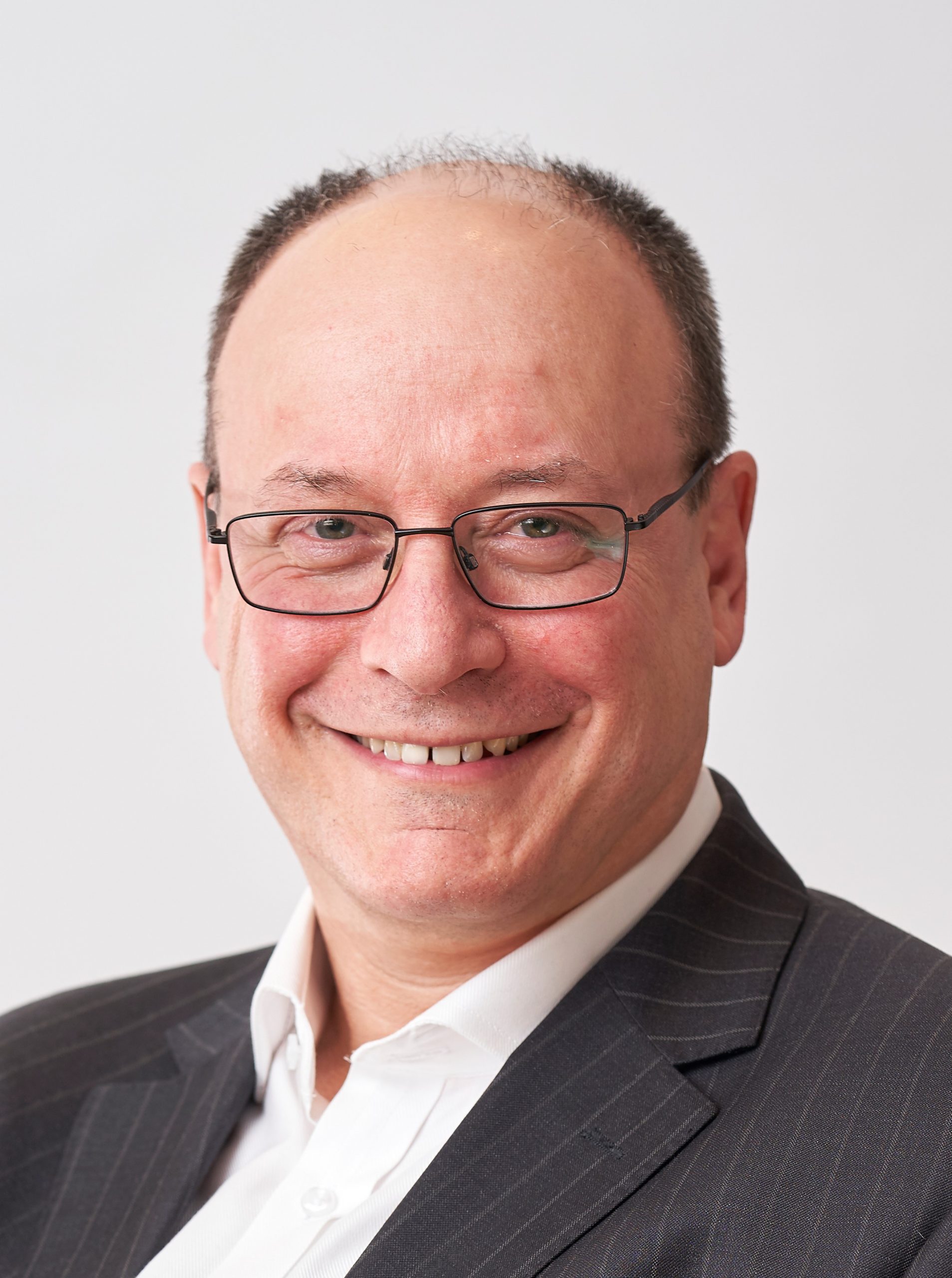
Since September 2018, Neil has been the Chief Executive of Langdon, a leading learning disability charity in the Jewish Community in the UK.
A highly experienced senior manager of health and social care services in older people and adult mental health sectors for over 30 years, Neil was Director of Care and Community Services at Jewish Care for fourteen years, responsible for its operational services and 2,500 volunteer workforce.
He is currently the Vice Chair of Skills for Care, England’s lead workforce development agency and was the Vice Chair of Governors of Waverley School for special needs for nine years (and as a governor for 13 years), as well as a trustee of the Jewish Association for Mental Illness. He was a member of Care England’s Board and a trustee of Jewish Care Pensions Trustee Ltd.
He also has lived experience as a parent carer for his daughter Leah who has a severe learning disability.
London, UK
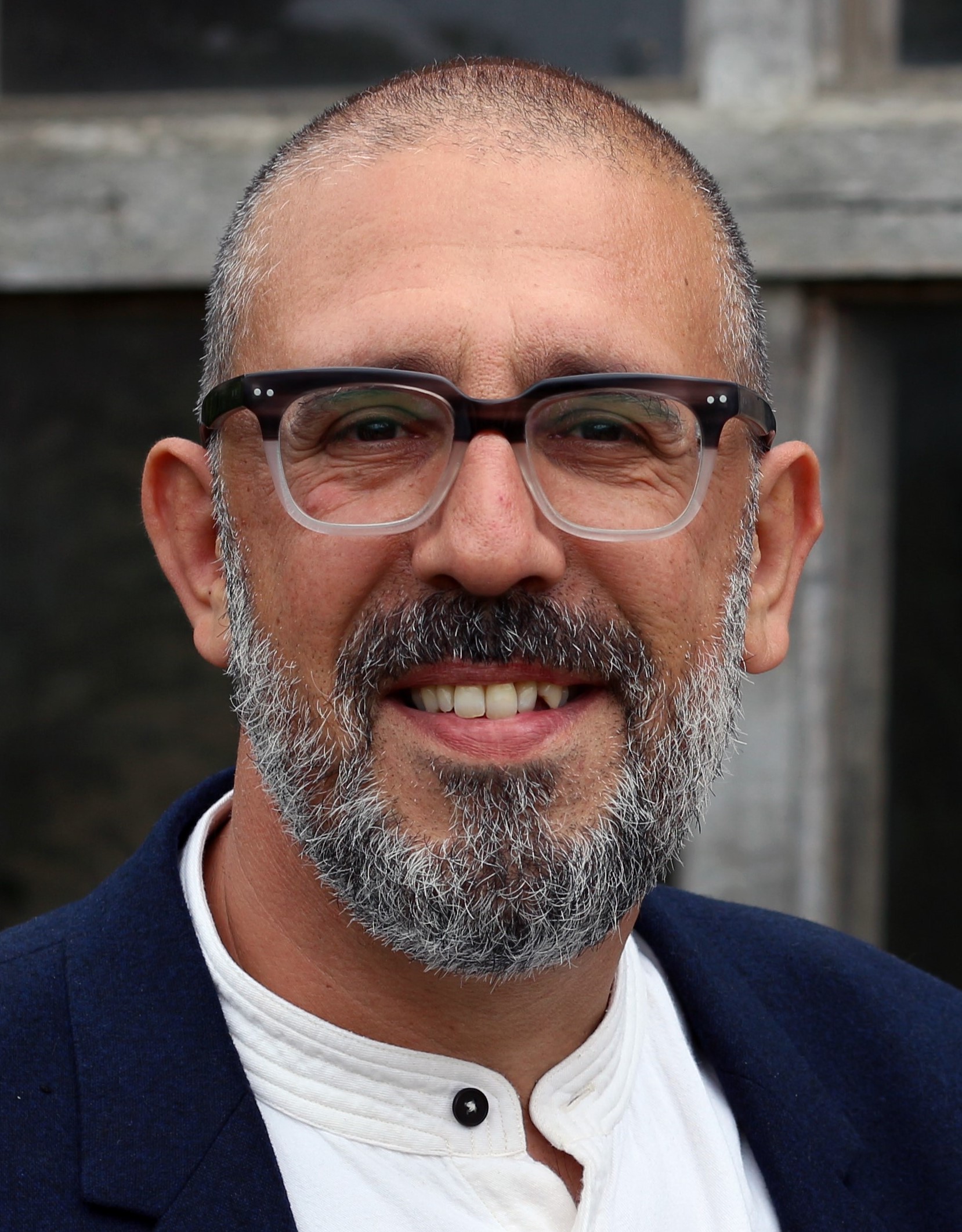
Director of Business Development and Community Services, Alan leads on social enterprise, employment, youth services and volunteering at Langdon. An experienced leader in social care with over 20 years’ experience of working in learning disability, mental health and older people organisations. Alan has successfully held roles in both operational and strategic leadership positions within the third sector.
London, UK
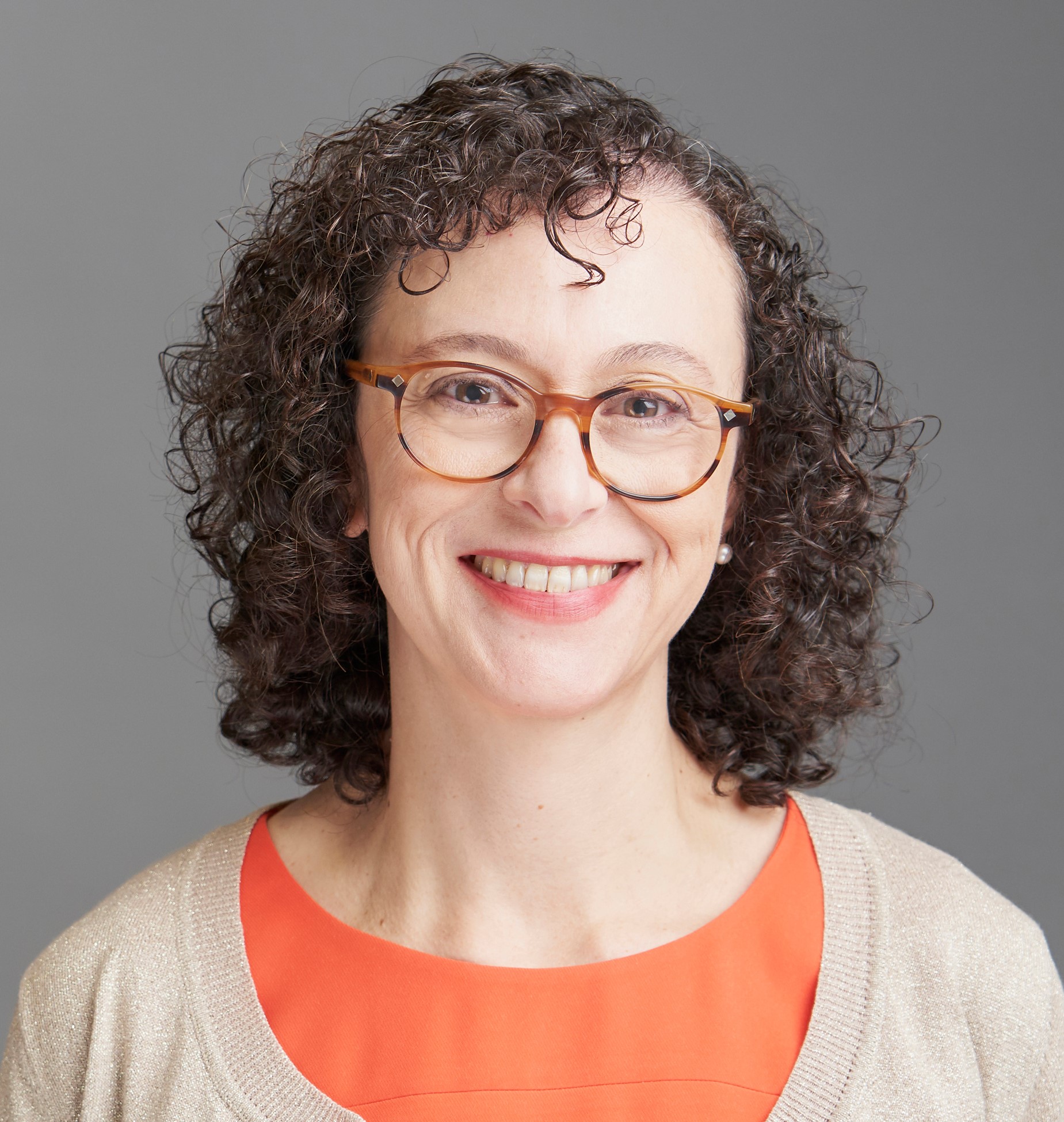
Philippa Carr is Jami's Education Manager she has worked at Jami for five years to support the vision of transforming the landscape of mental health in the Jewish community on ground breaking projects such as guidance for schools on suicide 'postvention', mental health training for communal organisations and a national student wellbeing programme.
Philippa's background is as a clinician working in NHS Adult Mental Health Services, voluntary sector family services and other education and training roles in the voluntary sector. She has published and lectured on mental health, dramatherapy and cancer survivorship.
Washington DC, US
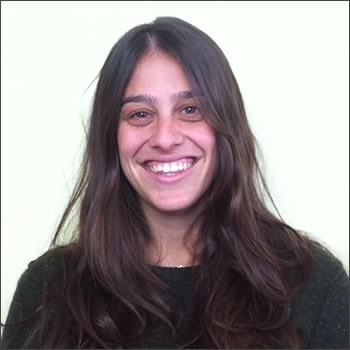
Drew is a noted child wellness expert with experience educating, promoting, and implementing policies and practices to support children and adolescents’ physical, mental, and emotional health. She is an honors graduate of NYU Silver School of Social Work and Skidmore College (cum laude), and a licensed clinical social worker. She spent the last six years with the Baltimore Child Abuse Center in Maryland, most recently as the Director of Prevention and Education. Drew has been a key resource for Jewish and non-Jewish camps and youth serving organizations (YSOs) throughout North America, crafting policy and providing support and training to staff on various issues of child protection.
Budapest, Hungary

Through her work as Director of the Hungarian Jewish Social Support Foundation (HJSSF), Taly is committed to strengthening Hungary's Jewish community and fostering its growth.
Taly has been working for HJSSF in Hungary since 1995. She is responsible for supervising the welfare activities of the HJSSF, which provide essential services to some 3,000 Holocaust survivors. These services are fully financed by the Claims Conference. The support of the HJSSF also extend to around 500 vulnerable Jewish children and their parents.
This includes overseeing all activities related to the various restitution funds for holocaust survivors, provision of social services for elderly and children in need and for the volunteers’ program.
Originally from Jerusalem, Taly is a graduate of the Hebrew University, Jerusalem. She holds MA in philosophy and comparative literature. She is married and mother of two daughters.
Paris, France

Rachel Guez became Director of the SSE department of Fondation Casip Cojasor when she created this department in 2019.
Fondation Casip Cojasor is a main social and medico-social non profit Jewish organisation in France.
The SSE Department aims at offering services to vulnerable and elderly people such as : Shoah survivors accompaniment, kosher meals on wheels service, social link programs, and a platform of solidarity services integrated into the circular economy which collects and redistributes clothes and electronic devices.
Previous years of career in consulting and entrepreneurship, as well as her personal experience, made Rachel committed to both efficiency and social impact. She believes deeply in innovation and measurement in the social sector and enjoy developing alliances, cultivating networks and facilitating strategic partnerships.
London, UK
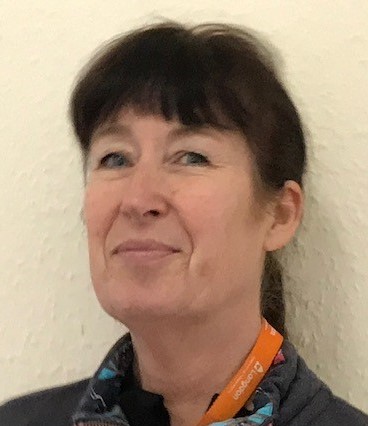
Sharron is a dynamic and energetic professional with over 20 years’ experience working in the charity and social care sector. A strong leader with commercial acumen, excellent communication skills and a background in delivering high quality services to people with learning disabilities and autism and their families. Sharron has a wealth of experience is setting up and managing social enterprises and in her current role as Community Services Manager at Langdon is responsible for both an online book sales enterprise and a developing a garden project into a sustainable business to provide both work experience and vocational opportunities to people with learning disabilities and autism in North Manchester. With a focus on co delivery and development Sharron is passionate about making a difference and supporting people to lead the lives that they choose.
Riga, Latvia
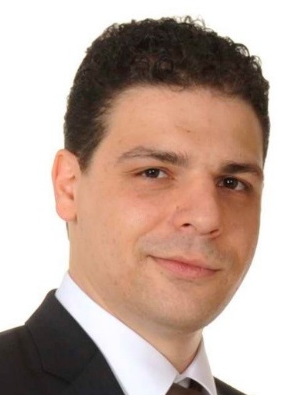
Moni Beniosev has spent more than 20 years of his professional career dedicated to strengthening renascent Jewish communities of Eastern Europe. With an expertise honed over a lifetime of community involvement, Moni serves today as JDC’s Country Director of the Baltic States of Latvia, Estonia and Lithuania.
Since 2019, Moni has also assumed responsibility of JDC's operation in India where he oversees all of JDC's efforts to support and strengthen the Jewish community of India.
Prior to joining JDC in the Baltics, Moni served as the Community Development consultant in Hungary, where he acted as coordinator of the Danube-Weinberg Region. As a member of the Szarvas summer camp educational team, Moni also provided educational consultations for leadership seminars in Central and Eastern Europe. From 2001 to 2003, Moni served as a JDC community development consultant in his native Bulgaria, where he managed youth activities in Sofia.
Moni graduated from the University of National and World Economics in Sofia with a B.A. and an M.A. in Human Resource Management. He also earned a diploma in accounting and management from the Financial and Economic College of Sofia.
Today, Moni lives in Riga, Latvia, with his wife and three children.
Jerusalem, Israel
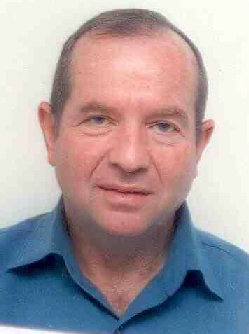
CEO of Melabev- Community Clubs for Eldercare, a non-profit providing community care for people with dementia and Alzheimer's in Israel. https://www.melabev.org.il/en
Ph.D. in Social Work in Administration and Social Planning, Tel Aviv University.
Berlin, Germany
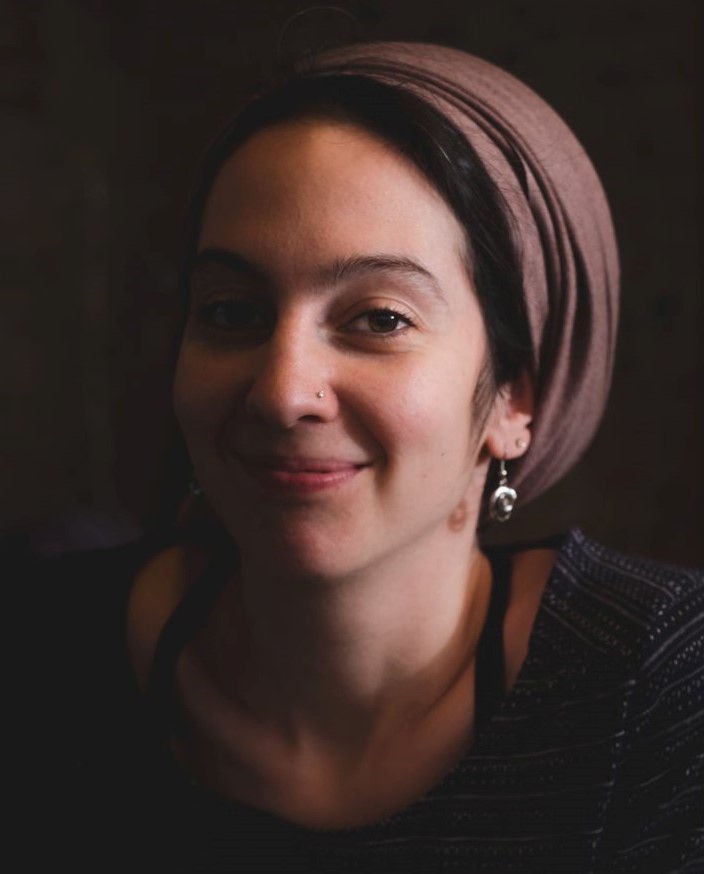
Rebecca Blady, originally from New York, completed her Bachelor's degree at Brandeis University and is a certified yoga teacher. She received rabbinic ordination from Yeshivat Maharat in 2019. Rebecca is the Executive Director of Hillel Deutschland and co-founder of the central project Base Berlin, a pluralistic, educational and leadership-oriented organization for young Jews. She lives in Berlin with her husband, Rabbi Jeremy Borovitz, and their two children.
London, UK
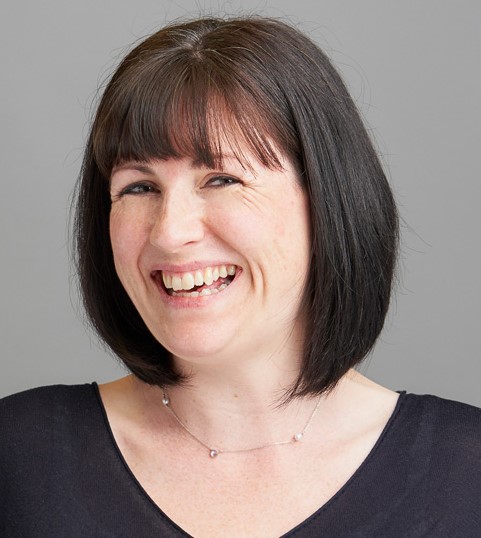
Louise is Head of services for Jami, a mental health charity that provides support to the Jewish Community. A qualified occupational therapist, throughout her career Louise has demonstrated a strong commitment to finding and developing innovative ways to support people with mental illness. She has been involved implementing organisational changes that promote recovery in mental health. She is also the proud mum of a teenage boy.
Athens, Greece
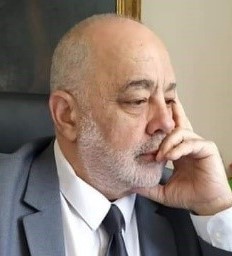
Tallinn, Estonia
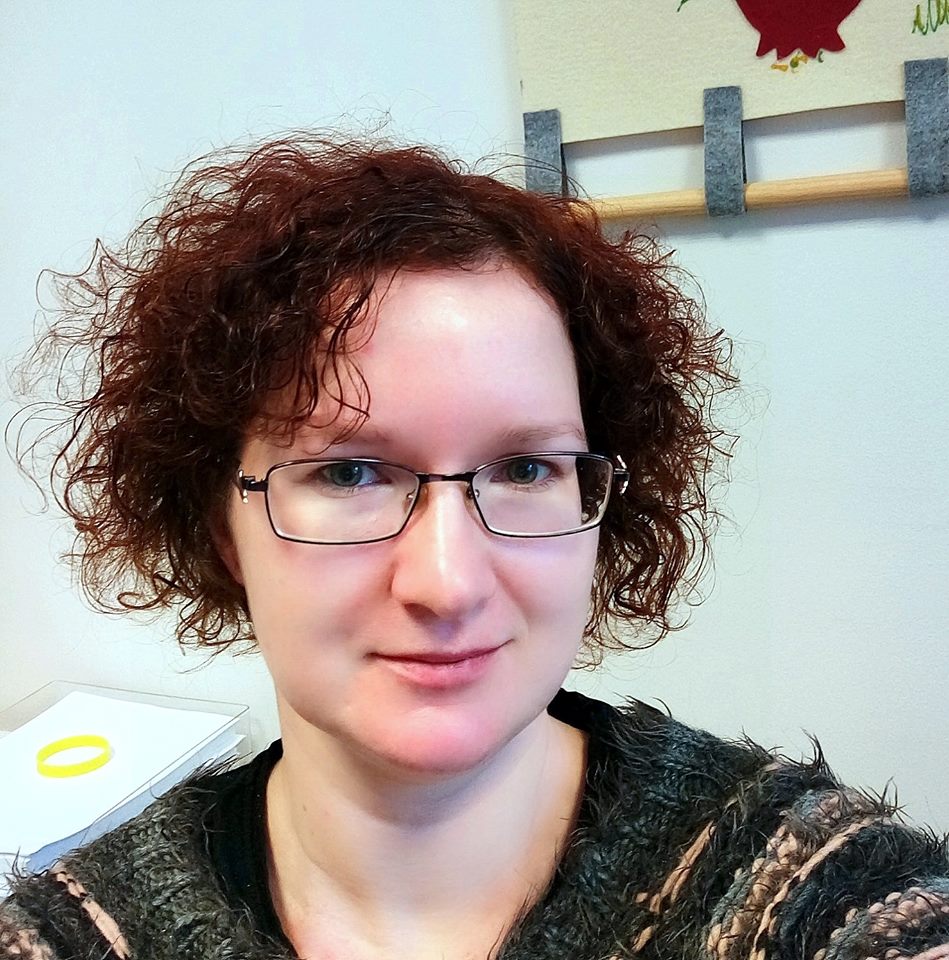
Oleksandra has been working within the area of social care in Jewish Community of Estonia for five years. During this time, she contributed to versatile directions of social services – from supporting families with underaged children in need to arranging home care services and individual special support for people with disabilities.
Currently she holds a position of Welfare center Director. In this role her priorities are providing comprehensive support for every Jewish welfare client to ensure they live full-fledged and dignified life regardless of their health state, family status or income rate while keeping Jewish Community spirit and preserving Jewish values.
She holds MA degree in Psychology and is a specialist in domestic violence response and prevention.
London, UK
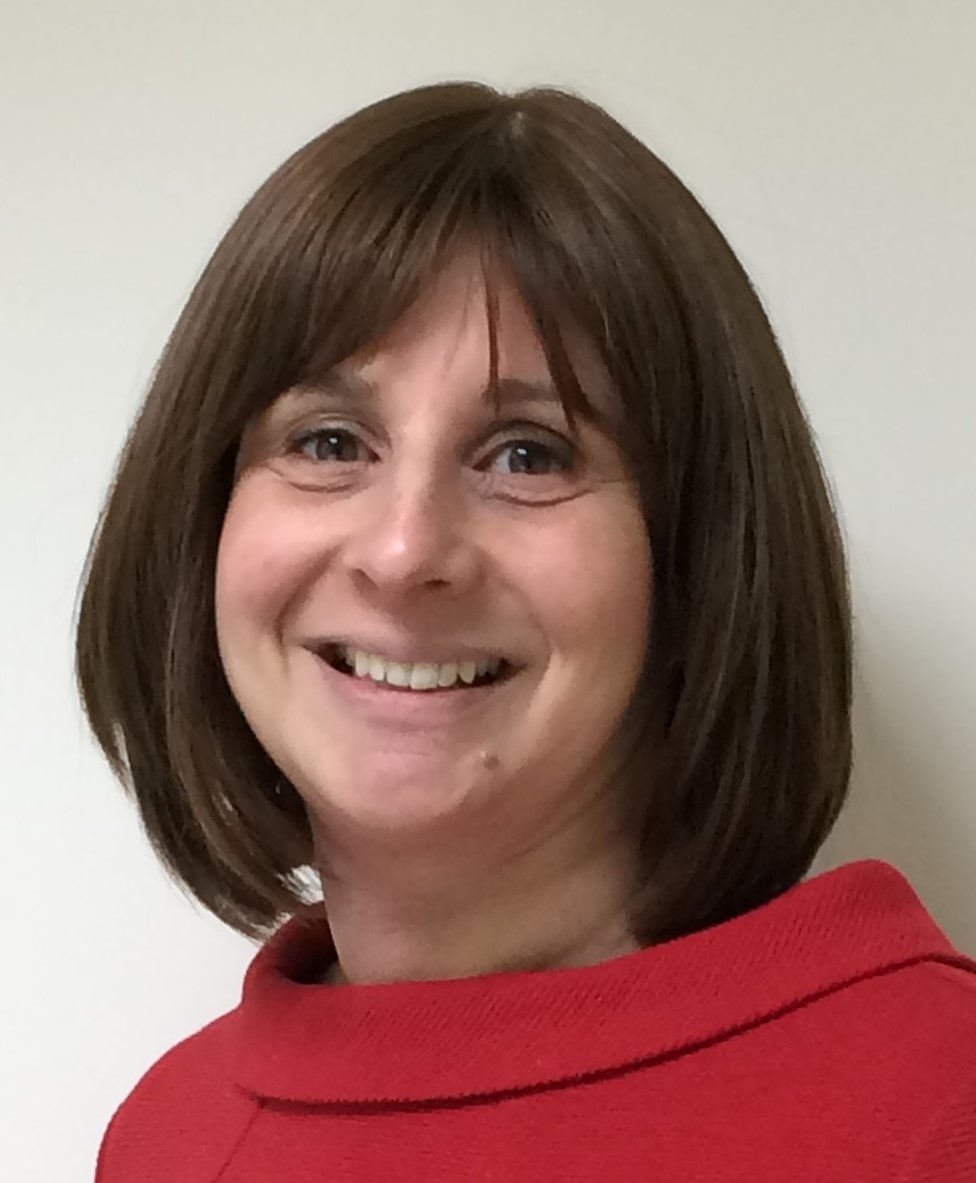
Naomi Dickson became Chief Executive of Jewish Women’s Aid in 2014. She has been involved in JWA for 18 years, initially as a volunteer. In her previous role as Communications & Training Coordinator, she created JWA's training programme to raise awareness in the Jewish community, and empower communal professionals to better identify and support women and children in their organisations who are affected by domestic abuse.
Since becoming CEO, Naomi has supported Jewish Women's Aid through significant growth. The charity now has an enhanced education and campus programme promoting consent and healthy relationships courses, and JWA’s new Dina Sexual Violence Support Service launched in 2019. Naomi has continued to encourage the training of Jewish professionals and lay leaders, and JWA is proud to have trained hundreds of delegates who in turn encourage women to seek support.
Naomi is a trustee of Women's Aid Federation of England, a founder of the Faiths Against Domestic Abuse Coalition, and a Fellow of the Cambridge Senior Faith Leadership Programme.
Paris, France
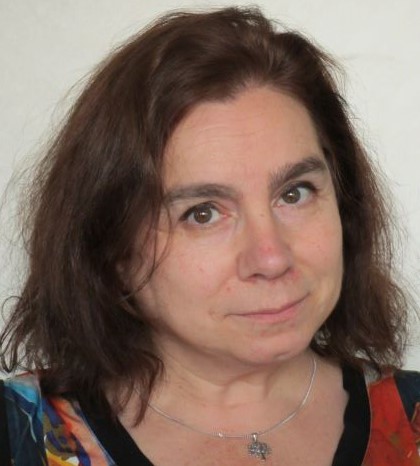
President of “NOA oser le dire”
Hotline created in April 2007 in France within the Jewish Community, with the support of several large Jewish associations. The main two goals of the organisation are:
To listen to and guide victims to professional social workers from community associations, or to legal advisers so that victims can know and enforce their rights.
To raise awareness and inform about domestic violence within the Jewish community.
St Petersbug, Russia
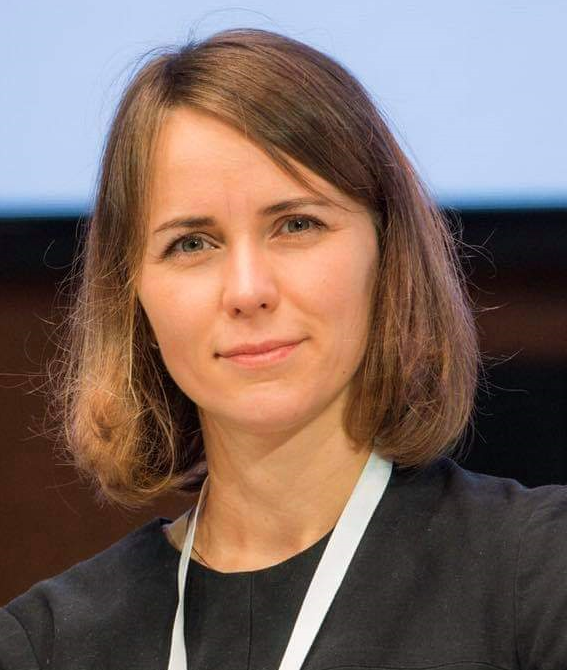
Tatiana Romashova is a clinical psychologist, head of the day care center for people with dementia. She has been working on the mental health of the elderly since 2014, together with her colleagues, she implements projects to help people with dementia and their families.
Tatiana is engaged in scientific activities, where the main object of study is the load on a caring relative of a person with dementia.
Tel Aviv, Israel
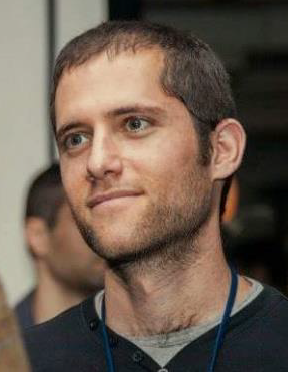
Gilad Hadas Handelsman is Director of Data & Research at JDC Eshel. He is responsible for
developing and implementing the organization's research policy supporting the impact focused strategy.
Gilad works with management, strategic partners, and professional staff to instill impactoriented and data driven decision making tools and processes, promote innovative research initiatives, and support strategic research planning and application. Previously he served as Director of Measurement and Evaluation, and Director of Strategic Partnerships at JDC-ESHEL.
He has B.A. from the PPE program (philosophy, political science and economy) and an M.A. in NGO management of the Hebrew University in Jerusalem
Frankfurt, Germany
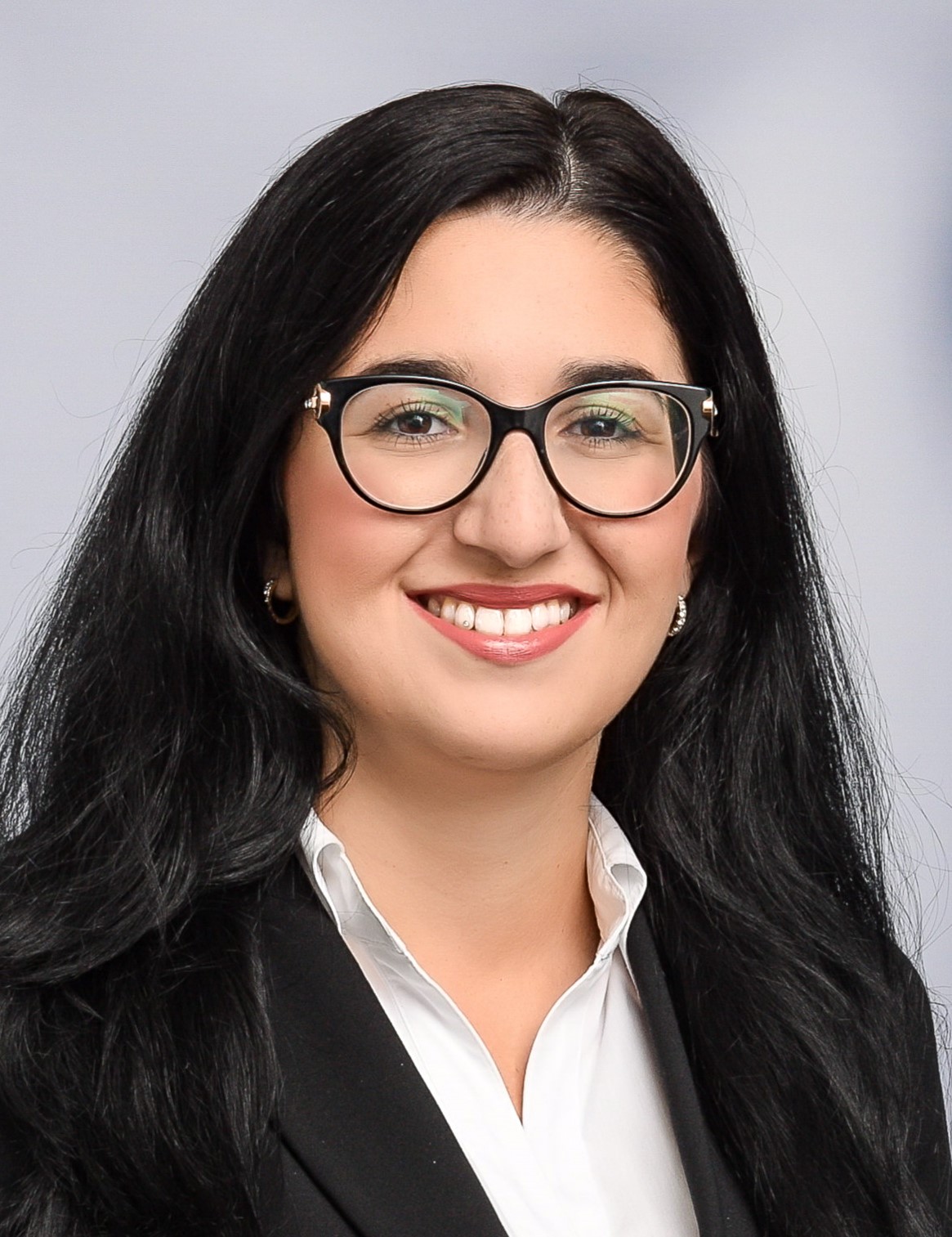
Curriculum vitae: Eva Okuna
Academics
Work experience
Frankfurt, Germany
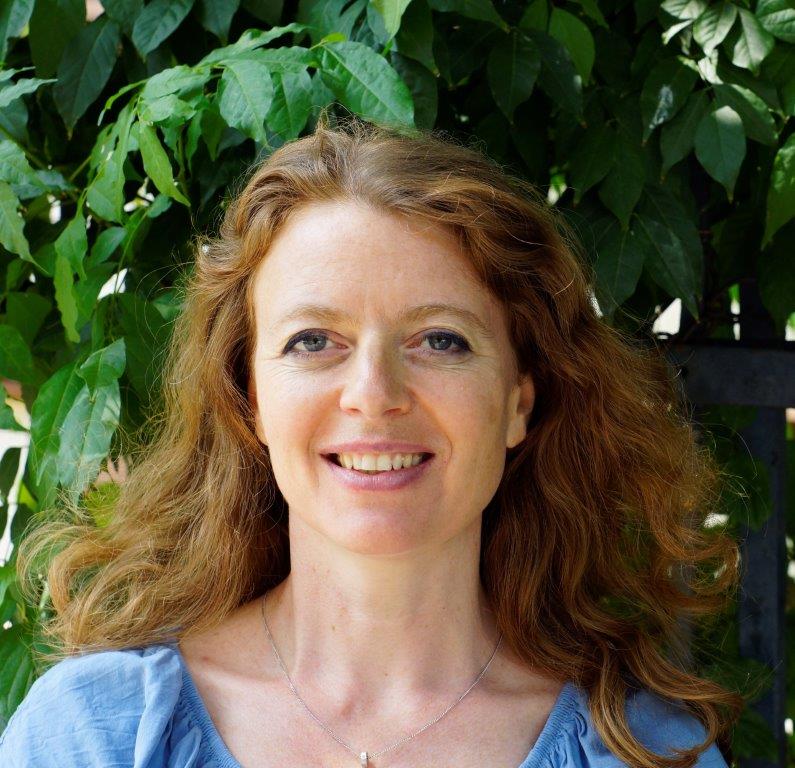
Yevgenia Freifeld studied education and social psychology in Frankfurt and Göttingen, worked as an educator and social worker. She has been working at ZWST since 2018. She organises and coordinates seminars for single and separated mothers and fathers and their children up to the age of 14. At these seminars, workshops are offered for parents and children: psychological support, strengthening and networking of parents, sporting, religious. ZWST is the only ones who offer seminars for single and separated parents of the German Jewish Community and do this in a Jewish setting.
Frankfurt, Germany
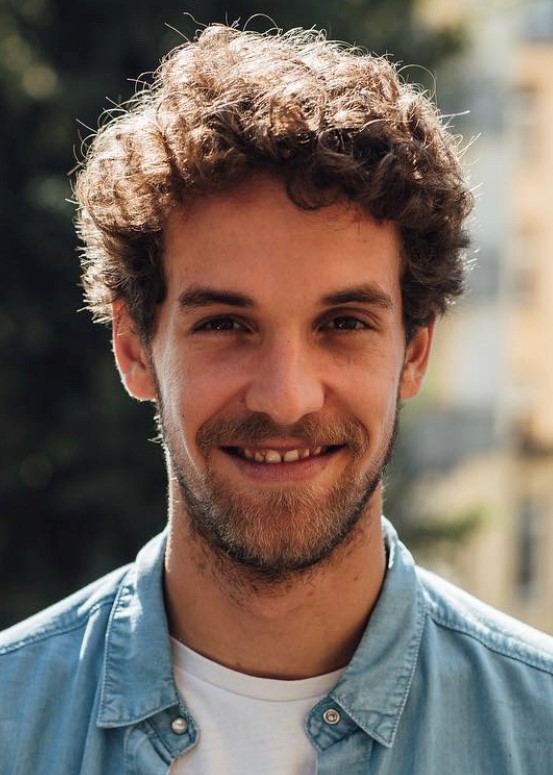
Simon Beckmann
Paris, France

Julie is a specialized educator who has worked in several organizations in the French Jewish community including the OPEJ and OSE.
She began her career with the EEIF- Eclaireuses Eclaireurs Israelites de France by counseling and training young scout leaders.
Today, she is responsible for the social bond program and is the Director of the Foundation Casip-Cojasor’s Seniors’ House. (MSC-Maison des Seniors).
Her main goal is to continue to develop activities and social links for seniors in order to fight against isolation.
Jerusalem, Israel
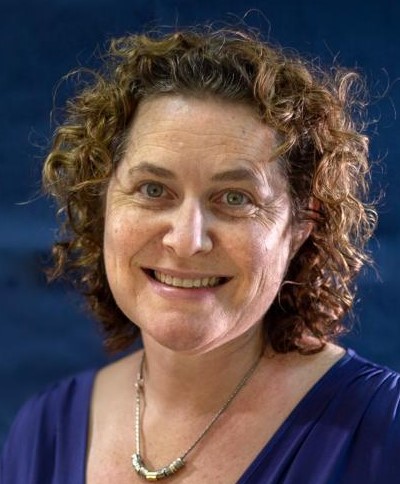
Amanda Klahr is a Geriatric Nurse Practitioner, born and bred in Sydney, Australia, she made Aliyah to Jerusalem, Israel 22 years ago, where she now lives were her husband and 4 children. Amanda has worked with the elderly population for the past 16 years, nursing, teaching and developing programs to better the medical care for the elderly population. Amanda is currently a program manager for JDC Israel Eshel, where she manages the National rehabilitation program for the older adult.
London, UK
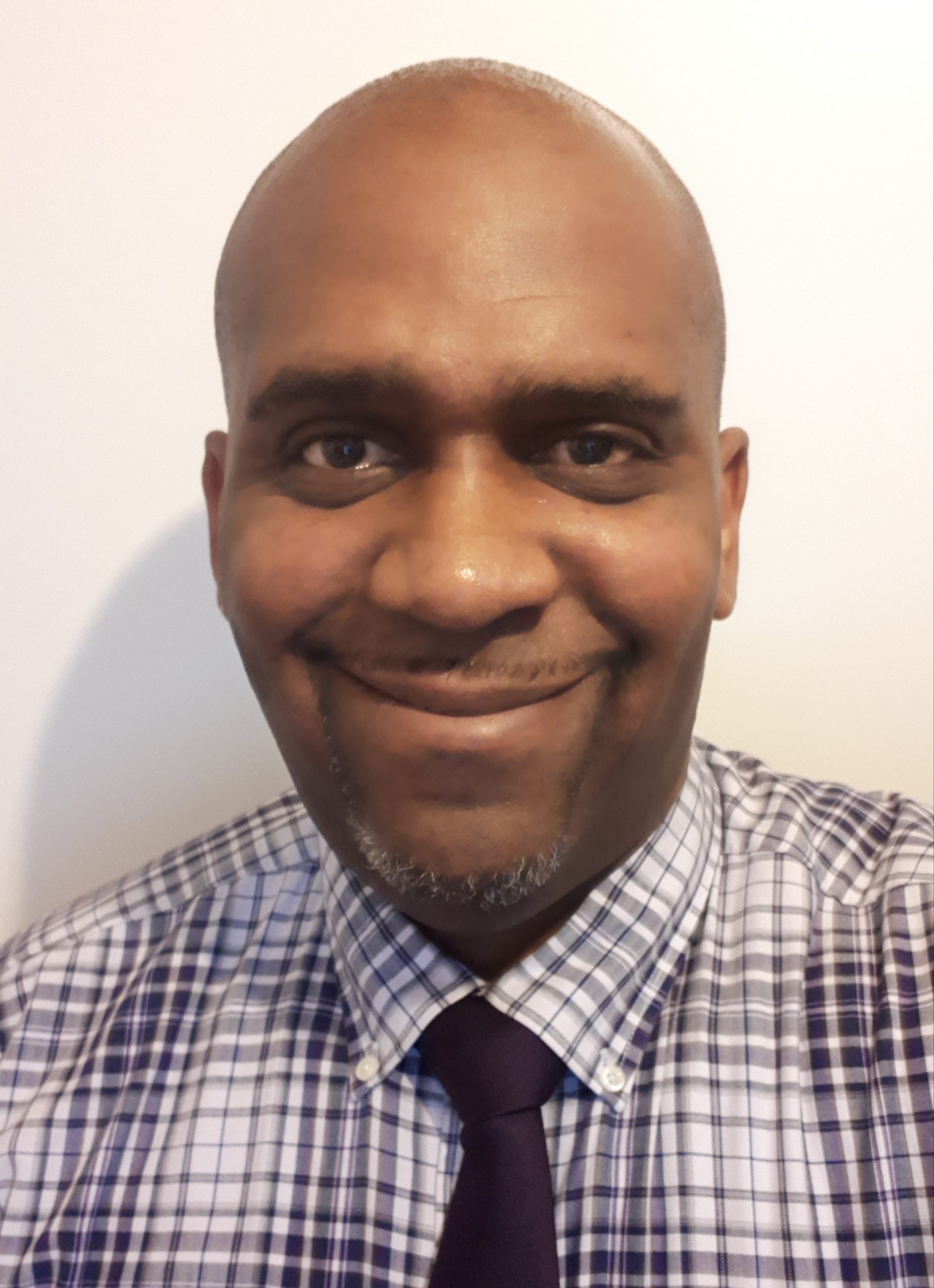
Courtney Wright is the Commercial Enterprise and Employment Skill Manager at Langdon. Passionate about creating opportunities for those with multiple barriers to employment while helping others see the benefit it brings by diversifying its workforce. He has over 30 years’ experience of supporting and developing training and educational opportunities for the most disadvantaged in society. From refugees, ex-offenders, homeless, disabled and those caught in addiction, Courtney has engaged with and supported all to lead more independent lives through inter agency partnerships.


